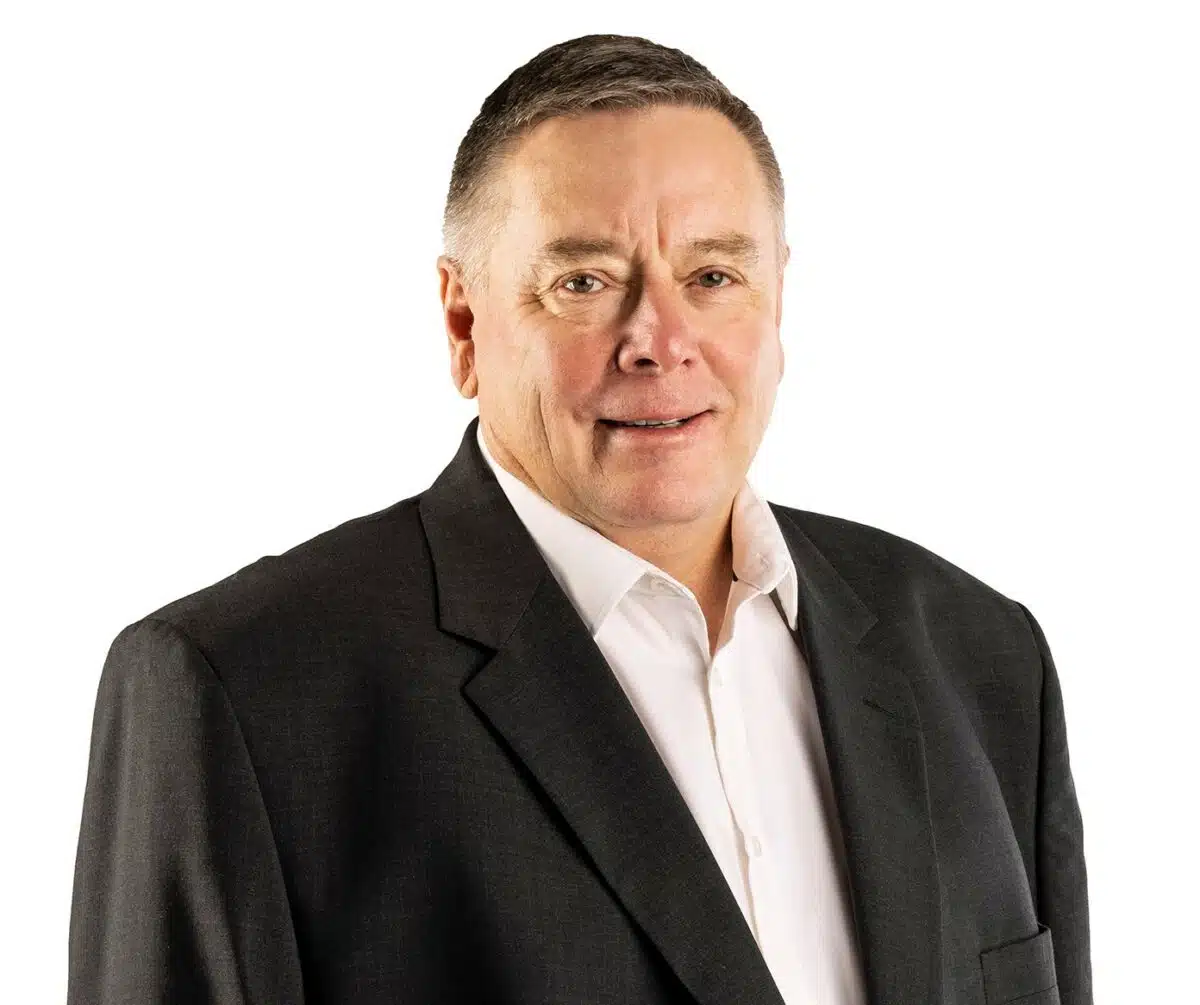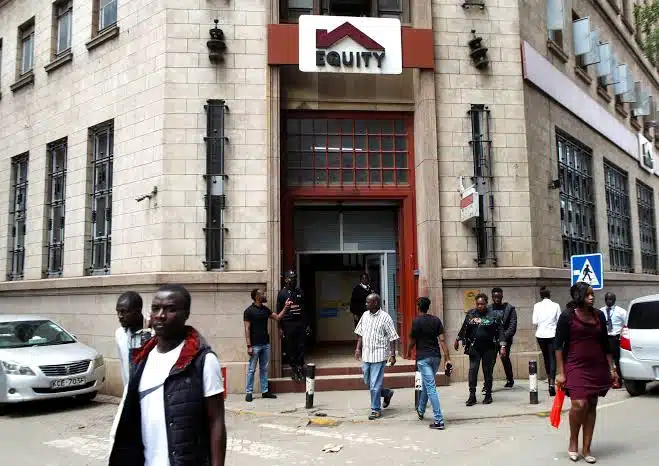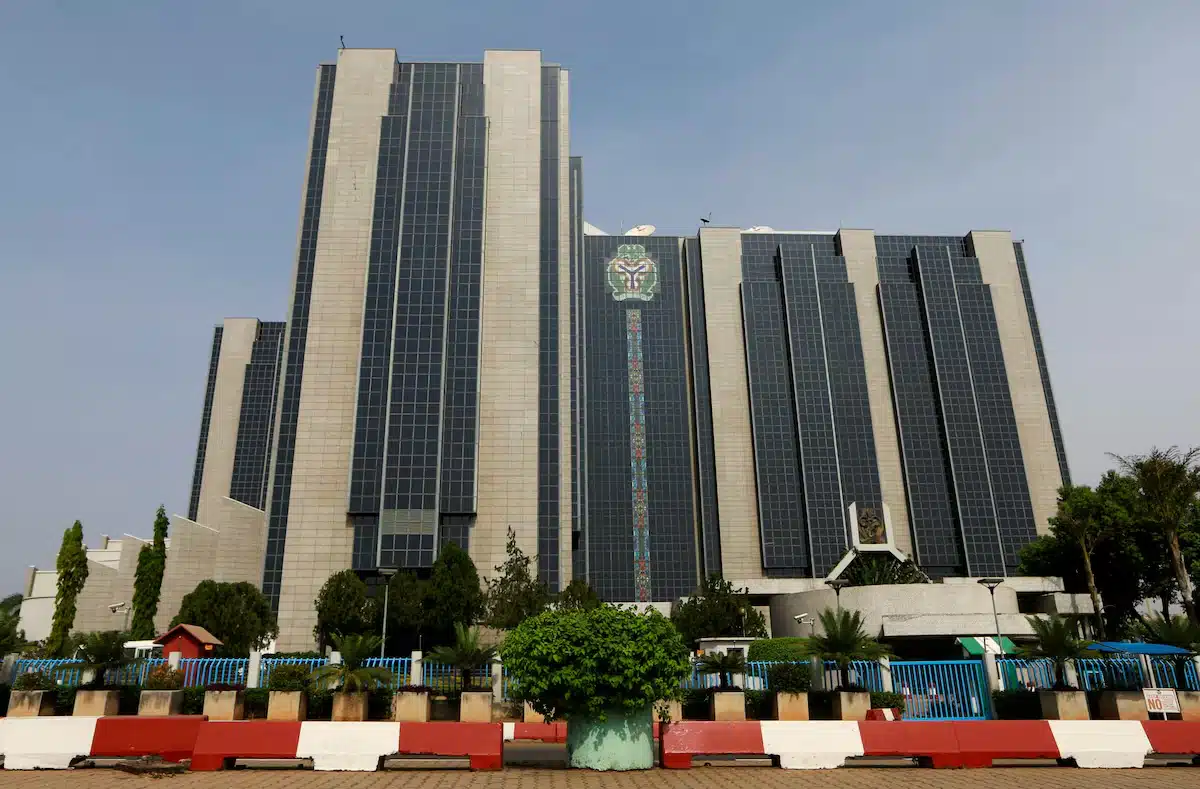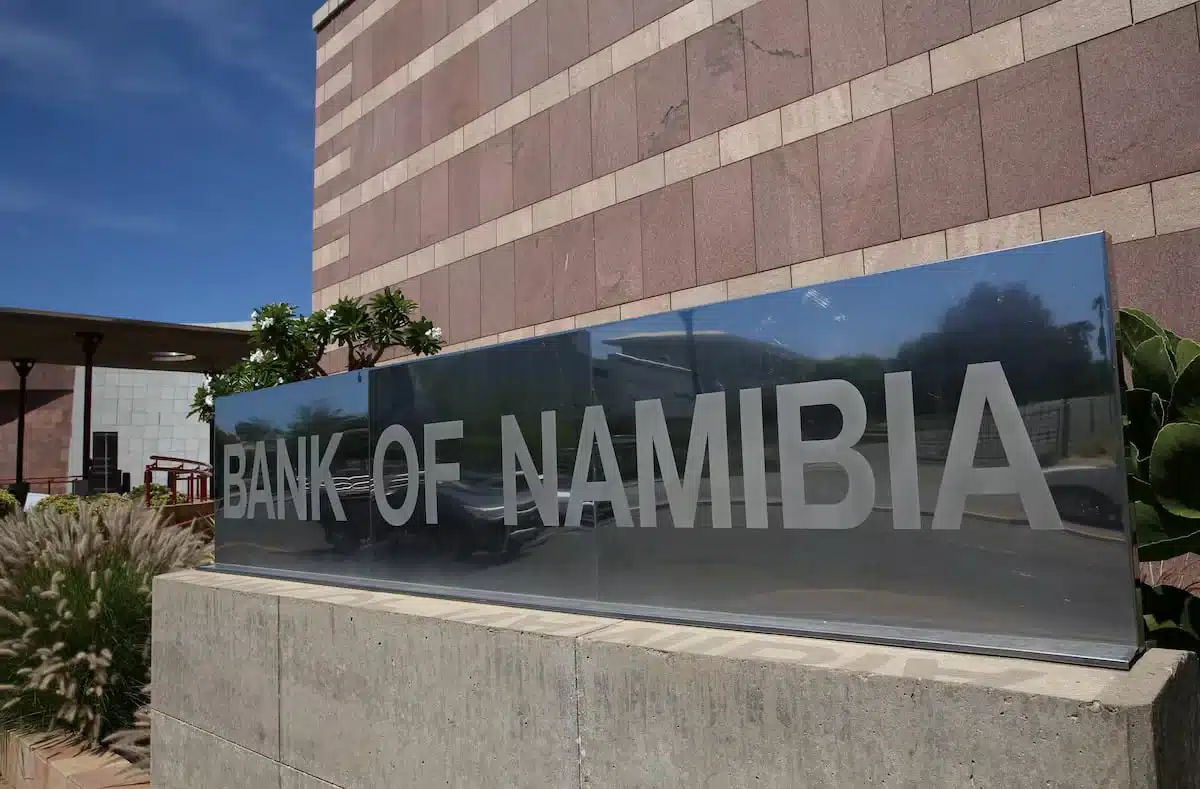In its planned leadership overhaul, Absa Group has announced that Sello Moloko will step down from his role as board chairman, effective July 15. Pending regulatory approval, seasoned banker René van Wyk will assume the position.
The 39-year-old multinational bank announced on its official website on May 7, 2025, commending Moloko for his leadership and service during his tenure.
Moloko’s exit follows a challenging 2024 in which Absa underwent significant internal restructuring, including appointing a permanent Group Chief Executive Officer and restructuring its retail banking operations.
Explaining his decision, Moloko said he desired to redirect his focus toward personal, family, and community responsibilities – commitments he believes will limit his ability to fully contribute to Absa’s future growth plans.
“These challenges have got me to reflect on the demands on myself and on my time. I feel the time is ripe now for me to refocus my attention on my family, my community commitments, and the several personal business initiatives outside the Group that I need to drive,” He said.
Since his appointment in 2022, Absa has worked to reposition itself in a fast-evolving banking environment, initiating changes aimed at strengthening operational efficiency and market competitiveness.
Although Van Wyk is not new to Absa, he is to begin working closely with Makolo in the following weeks to ensure a smooth leadership transition. A strategy designed to maintain stability and ensure continuity.
Van Wyk first joined Absa Group in 2019 as an Interim Group Chief Executive and has remained active on the board in non-executive and advisory roles.
However, the bank noted that previous positions held by Van will be reviewed upon appointment.
His deep familiarity with the bank’s operation is expected to bring steady leadership in the month ahead. “I am delighted to assume the reins as Absa Group’s Board Chair at an exciting time in the organisation’s history,” he said.
“I look forward to contributing to its growth and success,” he added.
Recent appointments at Absa
Absa’s bank appointment adds to the emerging list of new appointments the bank has announced this year, reflecting a broader strategy to rejuvenate its executive structure and regain market momentum.
On March 17, 2025, the bank announced the appointment of Kenny Fihla as Group Chief Executive Officer, effective June 17, 2025 – a move intended to address lagging market performance and renew executive structure.
In another major appointment, Clement Motale, a senior marketing leader, was appointed to head strategic branding and marketing functions effective July 2, 2025. This move is part of the brand’s effort to build a high-performing marketing team to build on its brand visibility.
Further strengthening the leadership bench, Absa also announced Janice Synman – Managing Executive for Marketing and Corporate Affairs, Kgaiso Mokgethi – Head of product management, Sarah Hall – Head of market research, and Erica Bopape – Executive Head of Marketing and Corporate Affairs.
What you should know
Absa had faced some challenges in the fiscal year 2024, shaped by a mix of internal and external pressure, among others, marking the year as a critical turning point for the bank.
Internally, Absa had struggled with leadership inconsistencies, having gone through six CEOs in just five years. This culminated in the appointment of CEO Charles Russon in October 2024, a move meant to steady the organisation.
These inconsistencies further wreaked havoc in investors’ market confidence, plunging the bank’s shares to 0.8% – an underperformance compared to the 19% rise seen on the South African banking index. The downturn that partly set the pace for the appointment of Kenny Finla.
The macroeconomic environment didn’t help either.
According to a Business report, South Africa’s Absa Bank lagged behind its peers in key financial metrics, including asset growth, lowering shareholders’ returns, and capital strength.
The growing appointments of the bank is part of its broader strategies to combat operational gaps, restore market competitiveness, and regain investors’ trust.











